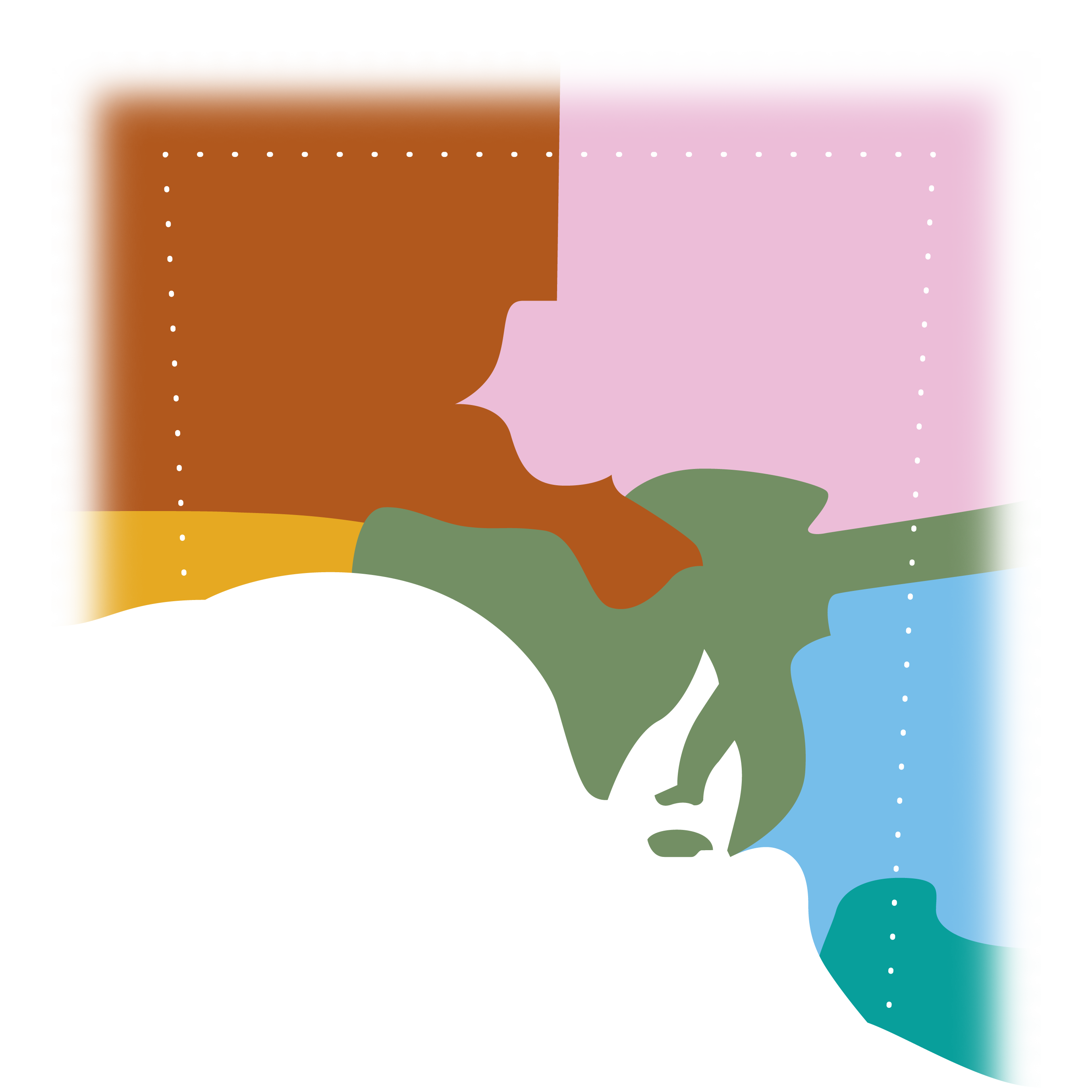
In Lesson 11 – Pronouns we learned some Singular pronouns. Singular pronouns in English include ‘I, me, you, he, she, it’ . These pronouns stand for one person, animal or thing. In this lesson we will learn the Dual and Plural pronouns. Dual pronouns stand for two people, animals or things. Dual pronouns in English include ‘We two, you two, they two’ . Plural pronouns stand for more than two things. Plural pronouns in English include ‘We, you all, they’. Remember that pronouns in Tanganekald change form depending on how they are used in a sentence, so you’ll need to learn the different forms and understand how to pick the right one for your sentence. Let’s learn four different forms of the Dual and Plural pronouns in Tanganekald: nominative, ergative, accusative and possessive forms.
Nominative Pronouns
Nominative pronouns are used in sentences which have a subject (a person or thing which is doing the action of the sentence) and a verb (the action of the sentence), or a subject and an adjective (describing word). Dual
| ngela | us two, we two | |
| ngol, ngola, ngolei | you two | |
| kuka | they two |
Note: You may notice there are sometimes multiple forms of the Tanganekald word listed, for example 'ngol, ngola, ngolei'. There are no distinct differences between these and they all share the same meaning, so you may choose any form that you prefer. Plural
| ngun | us (all), we (all) | |
| ngona | you (all) | |
| karra, karei | they (all), them mob |
Sentence examples
| Ngela lewawun. | We two are sitting about. | |
| Ngol lewawun. | You two are sitting about. | |
| Kuka lewawun. | Them two are sitting about. | |
| Ngun lewawun. | We are sitting about. | |
| Ngona lewawun. | You mob are sitting about. | |
| Karra lewawun. | Them mob are sitting about. |
Ergative Pronouns
Ergative pronouns are used in sentences which have a subject (a person or thing doing the action), a verb (the action of the sentence) and an object (a person or thing that is receiving the action of the sentence). The Ergative is used as the subject of this type of sentence. The only Ergative Dual pronoun in Tanganekald is 'they two'. There are no Ergative Plural pronouns. Instead, the Nominative forms of Dual and Plural pronouns are used as the subject of the sentence. Dual
| kengkul | they two |
Sentence Example
| Kengkul kin mupun. | They are looking out for him. |
Accusative Pronouns
Accusative pronouns are used in sentences which have a subject (a person or thing doing the action), a verb (the action of the sentence) and an object (a person or thing that is receiving the action of the sentence). The Accusative is used as the object of this type of sentence. Dual
| lam | us two | |
| lom | you two | |
| kengkun | them two |
Plural
| nam | us (all) | |
| nom | you (all), yous | |
| kan | them (all) |
Sentence examples
| Kili lam mupun. | He is looking out for us. | |
| Kili lom mupun. | He is looking out for you two. | |
| Kili kengkun mupun. | He is looking out for them. | |
| Kili nam mupun. | He is looking out for us. | |
| Kili nom mupun. | He is looking out for yous. | |
| Kili kan mupun. | He is looking out for them mob. |
Possessive Pronouns
Possessive pronouns are used to show that something belongs to someone/something. Dual
| ngalamanyi | ours (two) | |
| nangunumi | yours (two) | |
| kananyi | theirs (two) |
Plural
| namawi | ours (more than two) | |
| nomawi | yours (more than two) | |
| kanawi | theirs (more than two) |
Sentence examples
| Ngalamanyi ngaldi. | Our meat. | |
| Nangunumi ngaldi. | Your meat. | |
| Kananyi ngaldi. | Their meat. | |
| Namawi ngaldi. | Our meat. | |
| Nomawi ngaldi. | Your meat. | |
| Kanawi ngaldi. | Their meat. |

